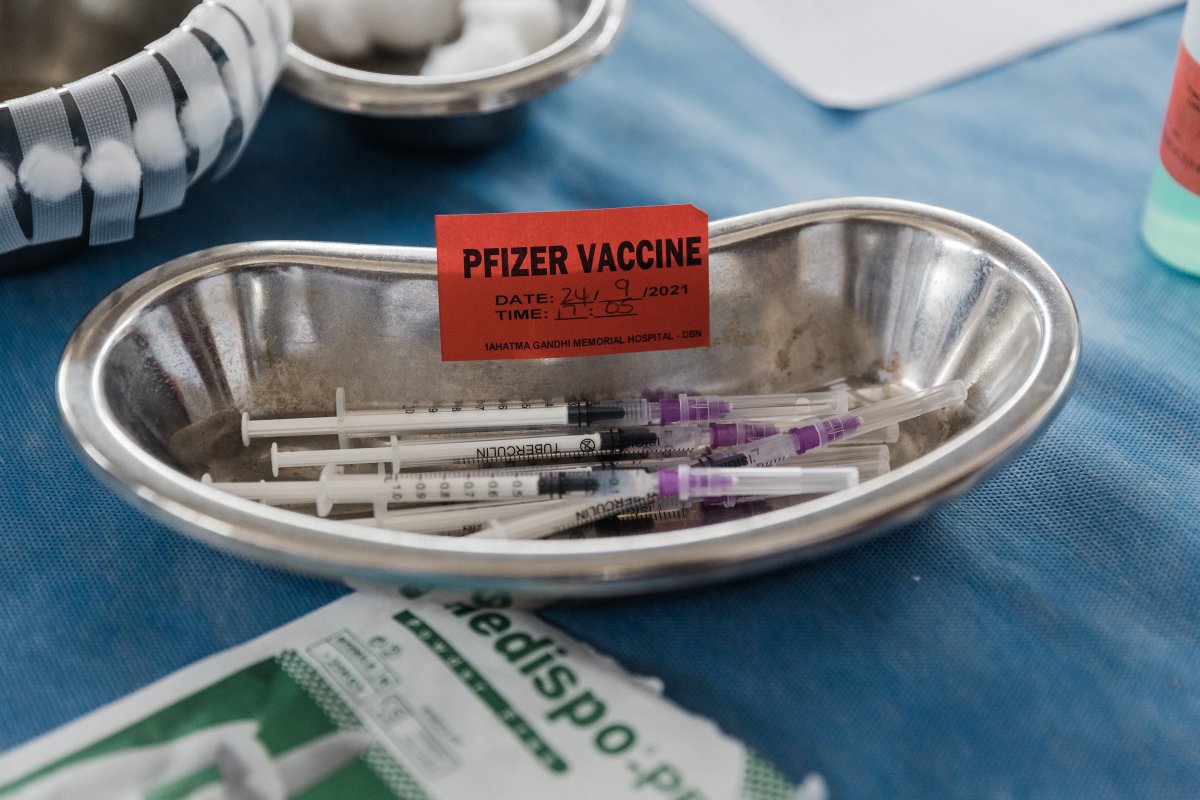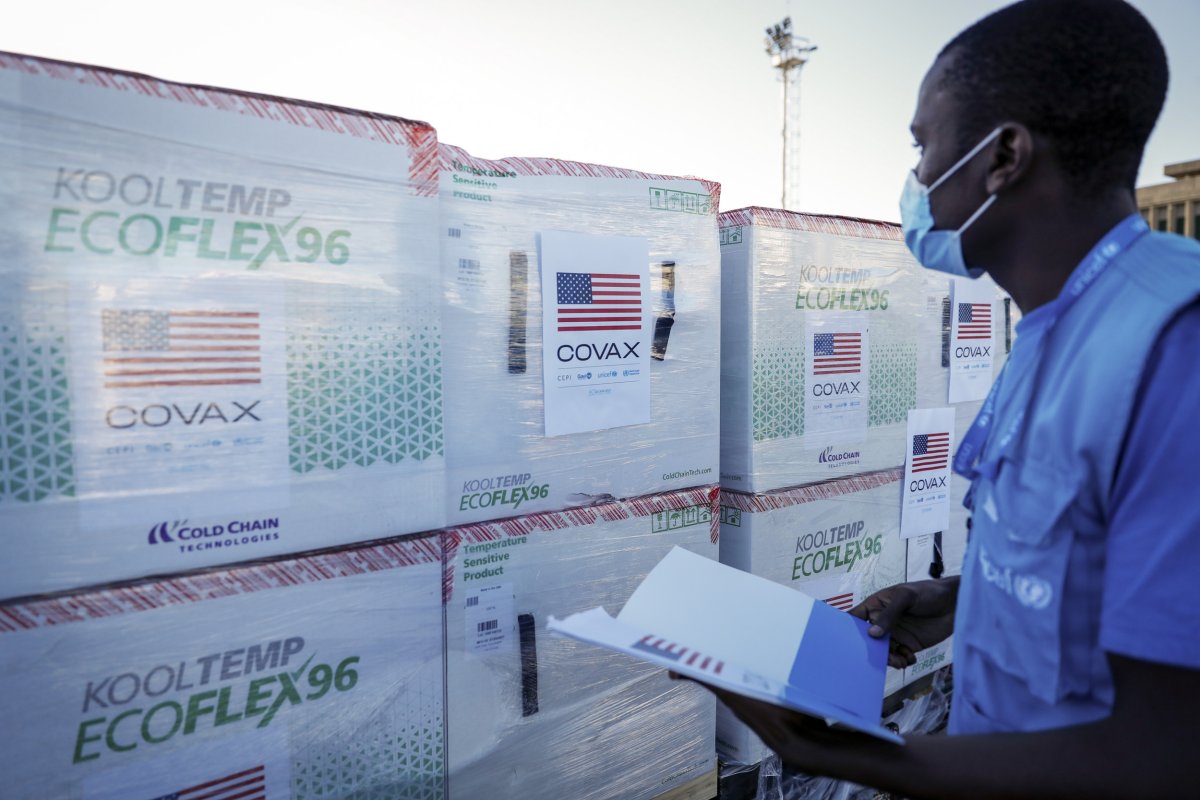As the omicron strain of the coronavirus spreads worldwide, it has been revealed that the United States has not donated the number of vaccinations it promised to the United Nations.
According to a new report by the Associated Press, the U.S. has only donated 275 million of its promised vaccines to the U.N's COVAX shot-sharing program. This revelation comes after the country spent months trying to block overseas vaccine sales and ingredient exports. Meanwhile, the European Union has donated around a third of its promised 400 million doses. Most of the vaccines that have been donated are AstraZeneca's doses, with the Pfizer-BioNTech and Moderna doses being in short supply.
This shortage of vaccine donations has been one instance of what many consider to be vaccine hoarding by wealthy countries. As a result, poorer countries have not been able to obtain vaccine dosages that can protect their populations. COVAX was created by the U.N. to prevent this, but the organization is low on dosages.
"The virus is a ruthless opportunist, and the inequity that has characterized the global response has now come home to roost," said Dr. Richard Hatchett. He is the CEO of CEPI, one of the organizations that helped to create COVAX.
With this in mind, the U.S. seems to be keeping in line with their initial donation proposal. When the vaccine donation was first announced, the Biden Administration promised that the U.S. would donate "500 million life-saving vaccines" by June 2022, according to a fact sheet from the White House. They also promised that 200 million vaccines would be donated by the end of 2021, which has now been exceeded.
For more reporting from The Associated Press, see below.

The hoarding of limited COVID-19 shots by rich countries — creating virtual vaccine deserts in many poorer ones — doesn't just mean risk for the parts of the world seeing shortages; it threatens the entire globe.
That's because the more the disease spreads among unvaccinated populations, the more possibilities it has to mutate and potentially become more dangerous, prolonging the pandemic for everyone.
Perhaps nowhere is the inequality more evident than in Africa, where under 7 percent of the population is vaccinated. South African scientists alerted the World Health Organization to the new omicron variant last week, though it may never be clear where it first originated. Researchers are now rushing to determine whether it is more infectious or able to evade current vaccines.
Meanwhile, richer nations often have a glut of shots, and many are now offering boosters — something the WHO has discouraged because every booster is essentially a dose that is not going to someone who's never even gotten their first shot. Despite the U.N. health agency's appeal to countries to declare a moratorium on booster shots until the end of the year, more than 60 countries are now administering them.
"What it highlights are the continuing and fundamental risks to everyone associated with not seriously addressing the inequalities still at play globally in the fight against disease and poor health," said Dr. Osman Dar, director of the One Health Project at the Chatham House think tank.
Just 13 percent of vaccines COVAX contracted for and 12 percent of promised donations have actually been delivered, according to calculations by the International Monetary Fund from mid-November. About a third of the vaccines dispensed by COVAX have been donations, according to the vaccine alliance known as Gavi, and the initiative is now partly a clearinghouse for those donated doses, the very situation it was set up to avoid.
Last week, COVAX sent out a news release praising a European Union pledge to ship 100 million vaccines to Africa by the end of the year — but only 1/20 of that amount was actually on planes.
Efforts to ramp up global production beyond a select group of manufacturers have stalled, which many activists and scientists blame on pharmaceutical companies' opposition to waive intellectual property rights for the highly lucrative vaccines.
Given that the pandemic has so far not devastated Africa as many had initially feared, some scientists on the continent are now discussing whether to withdraw their vaccine requests.
"I think what Africa could do to really shame the world is to stop asking for vaccines," said Christian Happi, a Nigerian virologist who sat on the scientific advisory board of CEPI. "The vaccines have not arrived, and anyways it may turn out that we don't need them as much as the West."

Uncommon Knowledge
Newsweek is committed to challenging conventional wisdom and finding connections in the search for common ground.
Newsweek is committed to challenging conventional wisdom and finding connections in the search for common ground.
About the writer
To read how Newsweek uses AI as a newsroom tool, Click here.








